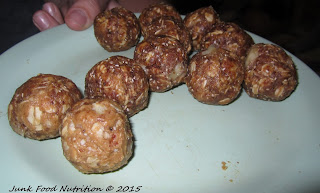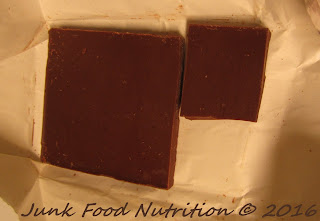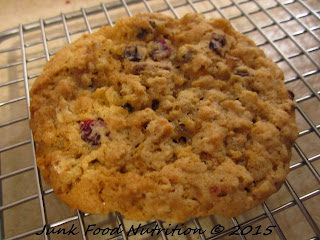Why Carbs Should Be the Base of Your Diet (Even For Diabetics)
After giving a presentation on diabetes, I was asked what the “healthiest” food to eat. Answer: There is no single healthiest food. What’s the healthy diet depends on your definition of healthy. This is different for everyone. That said, here are some recommendations for everyone… Acceptable Macronutrient Distribution Range (AMDR) AMDR is a fancy phrase for how much carbs, fat, and protein are recommended by the Institute of Medicine : 45-65% Calories from Carbohydrates 20-35% Calories from Fat 10-35% Calories from Protein (10-25% recommended by Australian Ministry of Health ) Because these nutrient recommendations are a range, everyone can get them differently. Some people do very well on a high carb diet with 65% calories from carbohydrates. Diabetics are often told to eat closer to 50% calories from carbs, and some people do well with only 45% calories from carbs. Why so many carbohydrates? What...







